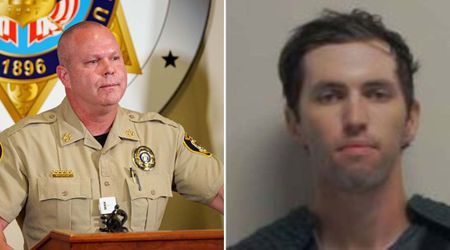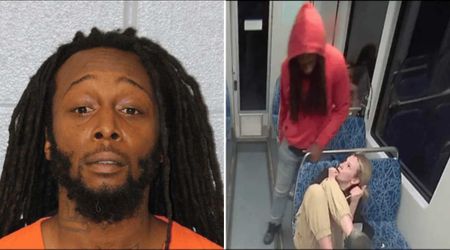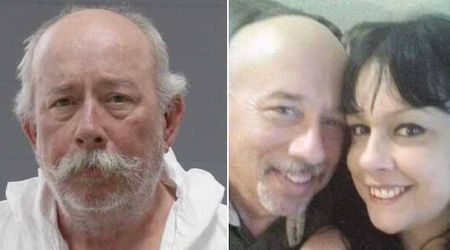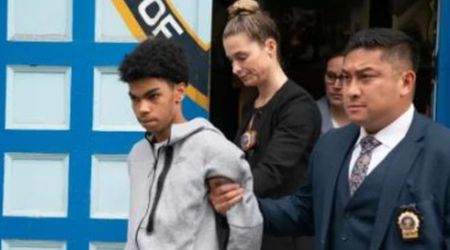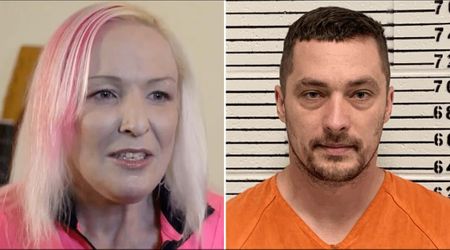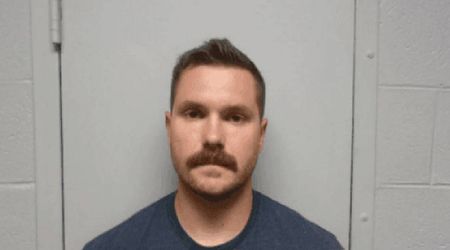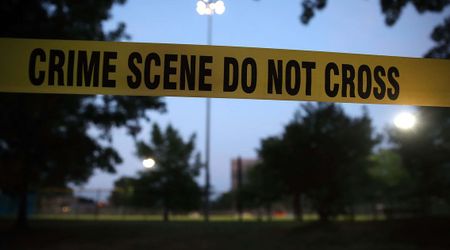Robert Card: Cops had 'several opportunities' to prevent Maine mass shooting that claimed 18 lives
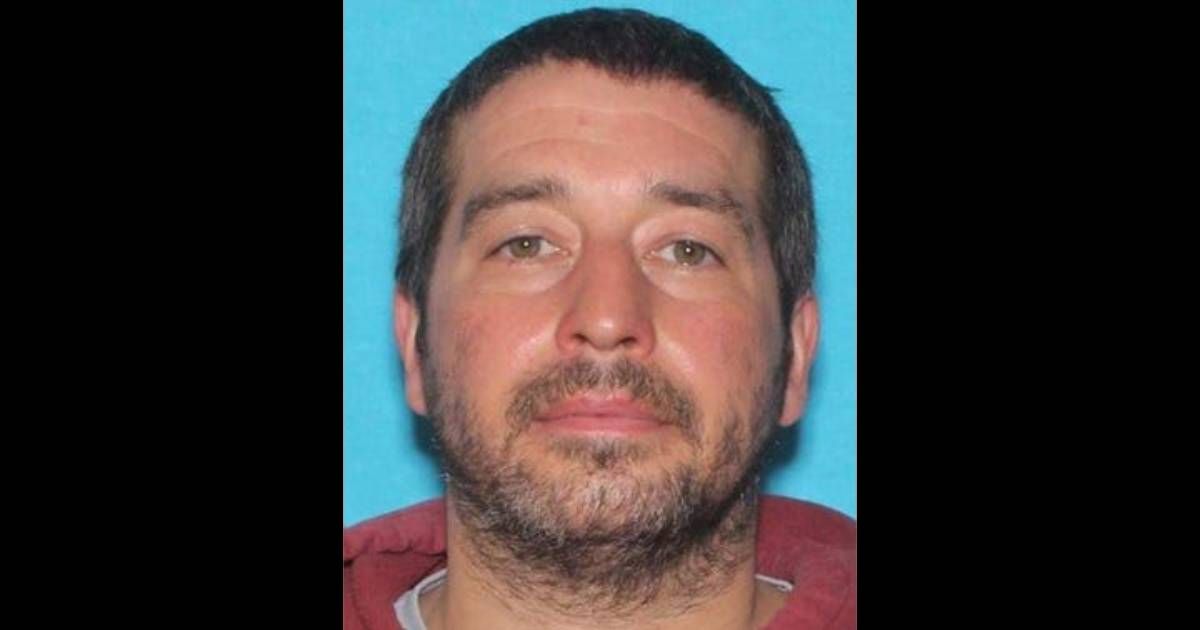
Warning: This article contains a recollection of crime and can be triggering to some, readers’ discretion advised.
LEWISTON, MAINE: Maine police are facing severe criticism after an investigation revealed they had opportunity to stop Robert Card, the perpetrator behind the horrific shooting that claimed the lives of eighteen individuals.
The report highlighted that the Sagadahoc County Sheriff's Office failed to act under the state's 'Yellow Flag' law, which could have prevented the devastating incident.
Robert Card's shooting spree
While Card was ultimately solely responsible for the Maine massacre, the investigation pointed out "several opportunities that, if taken, may have changed the course of events." The findings shed light on critical lapses in law enforcement's response to warning signs about his deteriorating mental health, potentially preventing the tragic outcome.
Card, a reservist, killed 18 people and wounded 13 at a bowling alley and a bar in Lewiston on October 25, 2023, leading to the largest manhunt in Maine's history. The independent commission has been reviewing the events that led up to him going on his shooting spree, as well as the subsequent response.

Law Enforcement failed to act on Robert Card's mental health crisis
Sgt Aaron Skolfield of the Sagadahoc County Sheriff's Office faced criticism for his handling of a report indicating Card's mental health crisis five weeks before the shooting. The report emphasized that Skolfield should have initiated the 'yellow flag' process, allowing for temporary firearm removal during psychiatric crises.
However, despite sufficient probable cause, no action was taken by the sheriff's office, shifting responsibility onto Card's family, which the panel deemed "an abdication of law enforcement's responsibility."
Responding to the criticism, sheriff's officials defended their actions, citing limited options since the suspect had not committed a crime. However, testimony revealed missed opportunities to address Card's mental health concerns effectively.
"I couldn't get him to the door. I can´t make him open the door," said Skolfield of his visit to the suspect's home for a welfare check in September.
"If I had kicked in the door, that would've been a violation of the law." Family members of the victims agreed with the commission's findings, with Leroy Walker, an Auburn City Council member who lost his son Joseph in the shootings, stating, "The commission said it straight out - that they could have done it, should have done it," reported Daily Mail.
Despite warning signs Robert Card purchased rifle days before tragedy
Commission Chair Daniel Wathen stressed the importance of providing policymakers and law enforcement with vital information to prevent similar tragedies in the future.
"Nothing we do can ever change what happened on that terrible day, but knowing the facts can help provide the answers that the victims, their families, and the people of Maine need and deserve," said Wathen.
Despite numerous warning signs and red flags, including reports of threats and paranoid behavior, Card was able to legally purchase the assault rifle used in the killings just days before the incident.
In May last year, authorities received a report regarding his increasing paranoia, prompting concerns over his access to firearms. Subsequently, in August, he was prohibited from handling weapons while on duty and was deemed nondeployable by the Army.
The failure to address these warning signs culminated in the deadliest mass shooting in Maine's history. Despite warnings from concerned individuals, including a text message indicating Card might 'snap and do a mass shooting', law enforcement failed to intervene effectively.
Nevertheless, Card was found dead from a self-inflicted gunshot wound inside a trailer following a two-day manhunt. In December, a 93-page independent report deemed the Maine sheriff's office response to worries regarding Card's deteriorating mental health 'reasonable'.

